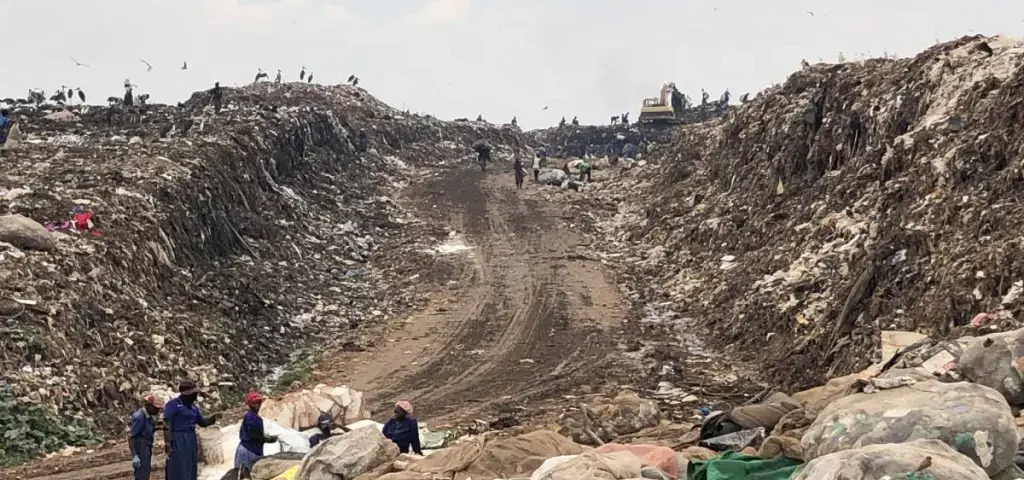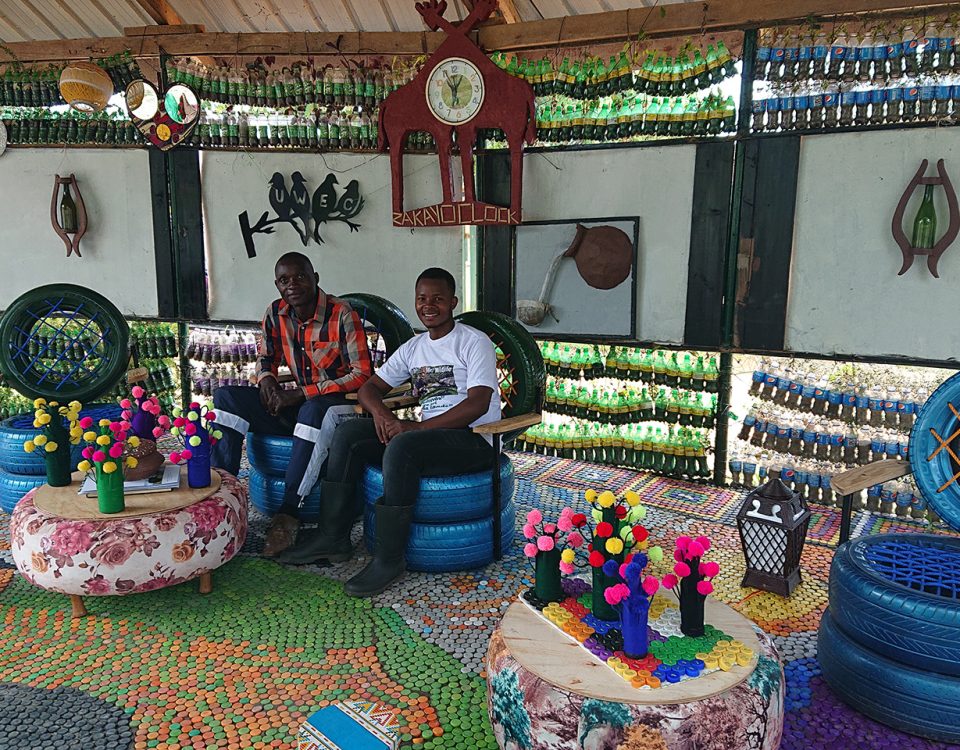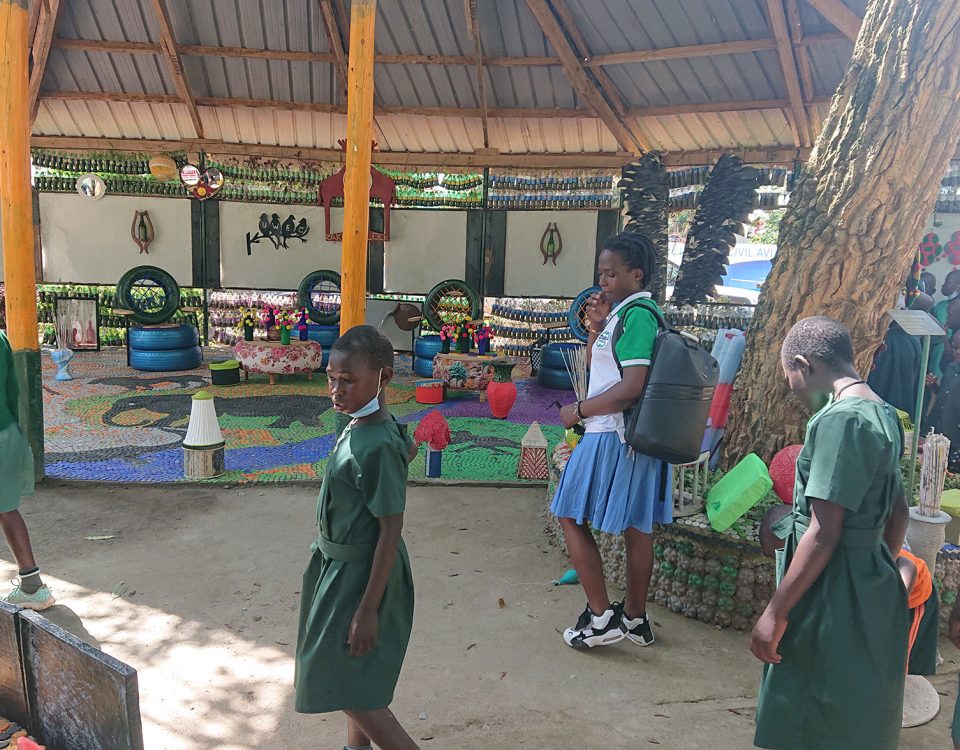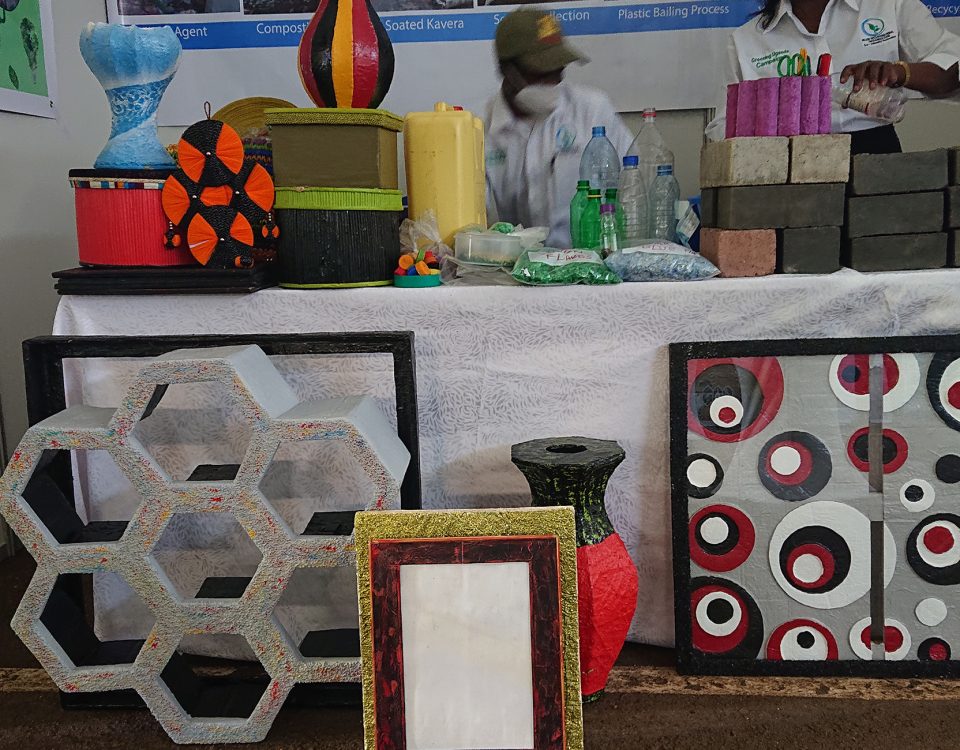Uganda’s Wake-Up Call: The Kiteezi Landfill Collapse and the Urgent Need for Sustainable Waste Management
Uganda’s Wake-Up Call: The Kiteezi Landfill Collapse and the Urgent Need for Sustainable Waste Management

Kampala, Uganda – The recent tragedy at the Lusanja Kiteezi landfill has sent shockwaves throughout Uganda, highlighting the urgent need for a radical transformation in the nation’s waste management strategies. The collapse of the landfill, which resulted in the loss of lives and environmental damage, serves as a stark reminder that the current practices of open dumping are not only outdated but also dangerously unsustainable.
A Global Perspective on Waste Management
Around the world, countries are increasingly turning to innovative waste management solutions to combat similar challenges. For instance, in Tanzania, biogas technology has been successfully implemented as a sustainable alternative for household cooking. The biogas systems convert animal and organic waste into clean energy, reducing reliance on polluting fuels like charcoal. Ethiopia, on the other hand, has pioneered waste-to-energy technologies, using incineration processes to generate electricity from waste, significantly reducing landfill waste while contributing to the national grid.
These examples provide a clear blueprint for Uganda. The Zero Waste Amazing Projects (ZWAP) Foundation, a leading advocate for sustainable waste management in the country, is calling on Ugandan leaders to adopt similar forward-thinking strategies to prevent future tragedies like the one at Kiteezi.
ZWAP’s Call to Action
Isaac Michael Kuteesa, CEO of the ZWAP Foundation, emphasized that the Kiteezi incident must be a turning point for Uganda. “We must transition from outdated practices like open dumping to more sustainable, innovative, and economically beneficial waste management solutions,” he stated.
ZWAP has long championed the idea that waste is not merely a burden, but a valuable resource waiting to be harnessed. Through its various programs, ZWAP has demonstrated how waste can be transformed into wealth, creating economic opportunities for marginalized communities and reducing environmental impact. For example, the Foundation’s Waste-to-Product Innovation initiative has successfully produced briquettes from biodegradable waste, providing a renewable energy source that could potentially replace charcoal and aid in forest conservation.
Leveraging Waste for Agricultural Sustainability
In a country where agriculture is the backbone of the economy, the potential of biodegradable waste cannot be overstated. ZWAP’s Waste-to-Farm Solutions showcase how organic waste can be converted into compost and humus, enriching soil fertility and supporting sustainable farming practices. This approach not only boosts agricultural productivity but also significantly reduces the volume of waste sent to landfills, thereby mitigating environmental hazards.
A Call for Policy Reform and Enforcement
For Uganda to truly embrace sustainable waste management, there needs to be a strong policy framework backed by rigorous enforcement. Kuteesa urged the government, particularly through the National Environment Management Authority (NEMA) and the Kampala Capital City Authority (KCCA), to enforce existing waste management laws and support initiatives that promote a circular economy.
“Recycling and reusing non-biodegradable waste must become a national mandate,” he stressed. “By empowering communities with the skills and knowledge to manage waste sustainably, we can achieve significant environmental and economic benefits.”
A Sustainable Future for Uganda
The Kiteezi landfill tragedy should serve as a wake-up call for Uganda. The Zero Waste Amazing Projects Foundation stands ready to collaborate with all stakeholders to develop and implement sustainable solutions that will prevent future incidents. By adopting the innovative strategies successfully used in countries like Tanzania and Ethiopia, Uganda can ensure a safer, more sustainable future for its people.
As Kuteesa concluded, “The time for change is now. We must act decisively to protect our environment and improve the quality of life for all Ugandans.”
Zero Waste Amazing Projects Foundation’s Statement on the Lusanja Kiteezi Landfill Incident.
Zero Waste Amazing Projects Foundation (ZWAP) is deeply concerned about the recent events surrounding the Lusanja Kiteezi landfill. This situation highlights the urgent need for sustainable waste management practices and the significant risks associated with improper waste disposal.
At ZWAP, we believe that waste is a resource, not a burden. The challenges faced at Lusanja Kiteezi underscore the importance of adopting innovative, community-driven solutions to waste management. Our mission has always been to empower communities to transform waste into opportunities, and now, more than ever, this mission is critical.
We urge all stakeholders, including local authorities, community leaders, and waste management organizations, to work together to address the root causes of the landfill’s issues. This includes investing in waste-to-product innovations, promoting renewable energy solutions, and supporting the refurbishment and repurposing of materials to reduce the strain on landfills.
ZWAP remains committed to leading efforts toward a circular economy, where waste is minimized, and resources are continuously reused. We stand ready to collaborate with all parties involved to develop and implement sustainable solutions that will prevent future incidents and improve the health, quality of life, and socioeconomic well-being of the communities affected by the Lusanja Kiteezi landfill.
Advice to Ugandan Leaders on Sustainable Waste Management in Light of the Kiteezi Landfill Incident.
The recent tragedy at the Kiteezi landfill, it’s crucial for Ugandan leaders to rethink their approach to waste management. Open dumping is not only unsustainable but also poses severe risks to both the environment and human lives. As we reflect on this tragedy, it is crucial that we pivot towards more sustainable, innovative, and economically beneficial waste management solutions. Drawing from the Zero Waste Amazing Projects (ZWAP) Foundation’s extensive experience and impact, here are several key recommendations:
1. Transition from Open Dumping to Sustainable Practices:
The Kiteezi incident starkly highlights the dangers of outdated open dumping methods. Instead, Uganda must shift towards waste-to-wealth programs, which transform waste into valuable resources. For example, producing briquettes from biodegradable waste provides a renewable energy source that can replace charcoal, aiding in forest conservation and reducing deforestation. This is directly in line with ZWAP’s work in promoting energy-saving solutions and upcycling waste into products. These initiatives not only manage waste more effectively but also create economic opportunities for marginalized communities.
2. Leverage Agricultural Waste for Soil Health:
Given Uganda’s heavy reliance on agriculture, biodegradable waste should be seen as a resource rather than a burden. By diverting organic waste from landfills and using it to produce compost and humus, Uganda can enhance soil fertility and support sustainable agriculture. ZWAP’s Waste-to-Farm Solutions demonstrate the effectiveness of this approach, showing how organic waste can be transformed into valuable inputs for farming. This not only supports crop production but also significantly reduces the volume of waste that ends up in landfills, thus mitigating environmental hazards.
3. Adopt Biogas Technology for Household Energy:
Uganda can look to Tanzania as a model, where biogas has been successfully implemented as a household cooking fuel. By expanding the use of biogas systems, Uganda can convert animal and organic waste into energy and fertilizers. ZWAP has already made strides in this area, installing over 360 biogas systems that transform waste into sustainable energy. Expanding this initiative would reduce reliance on polluting energy sources and provide a cleaner, more sustainable alternative for Ugandan households.
4. Explore Waste-to-Energy Initiatives:
To further reduce the amount of waste in landfills and contribute to the country’s energy supply, Uganda should consider adopting waste-to-energy technologies. Ethiopia’s success with waste incineration, which generates heat and electricity, provides a valuable example. Investing in such technologies could help Uganda manage its waste more efficiently while also contributing to its energy needs. This approach is consistent with ZWAP’s commitment to promoting renewable energy solutions and reducing environmental impact.
5. Enforce and Implement Recycling Laws:
Recycling and reusing non-biodegradable waste must become a national priority. The government, through NEMA and KCCA, should enforce existing waste management laws and support initiatives that promote a circular economy. ZWAP’s efforts in training community groups to champion waste utilization at the grassroots level demonstrate the potential of community-driven initiatives. By empowering communities with the skills and knowledge to manage waste sustainably, Uganda can achieve significant environmental and economic benefits.
The tragic events at Kiteezi serve as a wake-up call for the urgent need to adopt sustainable waste management practices in Uganda. ZWAP Foundation’s innovative approaches, which focus on transforming waste into valuable resources, offer a viable path forward. By embracing these strategies, Uganda can prevent future tragedies, protect its environment, and improve the quality of life for its people. It is crucial that Ugandan leaders recognize the need for a comprehensive and forward-thinking approach to waste management to ensure a safer and more sustainable future.
Isaac Michael Kuteesa, CEO, ZWAP Foundation



